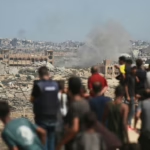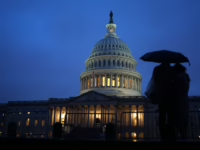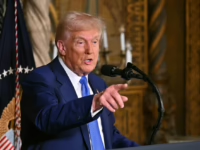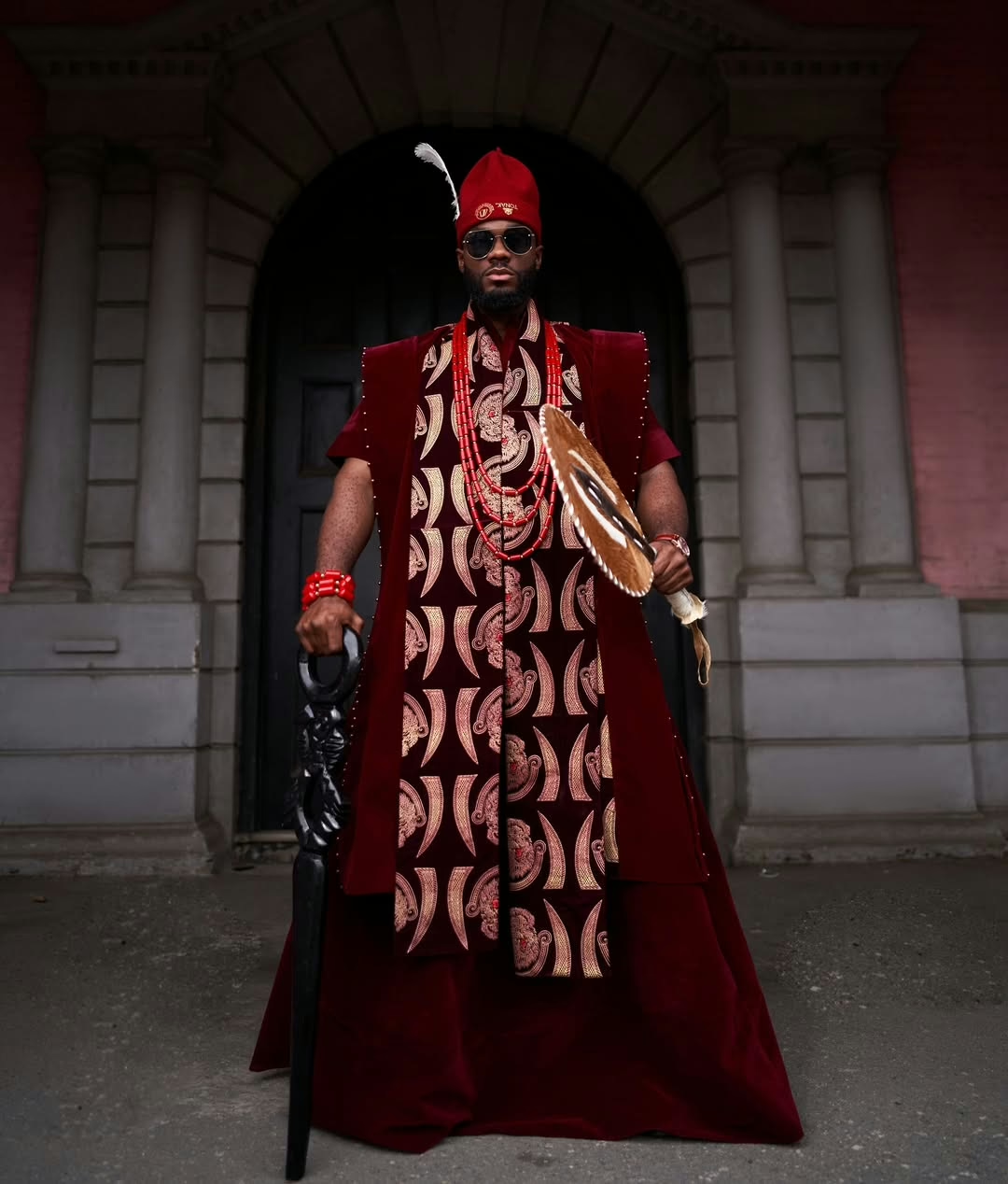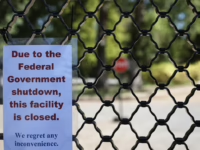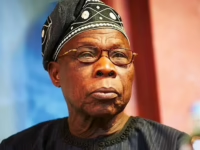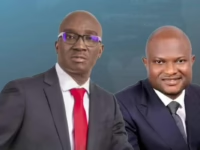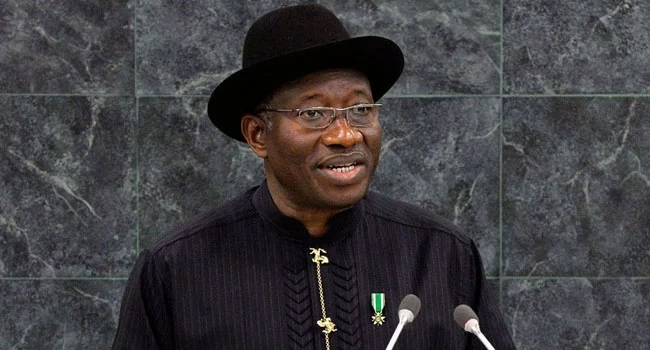On Friday, former President Goodluck Jonathan revealed that he had anticipated the Boko Haram insurgency would be resolved during the tenure of the late President Muhammadu Buhari.
Jonathan’s expectation was largely influenced by the fact that Boko Haram had once nominated Buhari to represent them in peace talks with the Federal Government while he was president.
He made these remarks at the public unveiling of “Scars,” a book authored by former Chief of Defence Staff, General Lucky Irabor, held in Abuja.
Looking back on the insurgency that overshadowed much of his time in office, Jonathan explained that his administration had established multiple committees aimed at exploring peaceful resolutions with the militant group.
During one of these peace initiatives, Boko Haram reportedly selected Buhari as their preferred negotiator.
Jonathan expressed that this nomination suggested it might have been easier for Buhari, once in office, to broker a surrender from the insurgents. However, the conflict has continued unabated.
“One of the committees we formed was approached by Boko Haram, who nominated Buhari to lead their negotiation team with the government,” he said.
“I thought that since they chose Buhari to engage with the government, his presidency would have facilitated a smoother negotiation process, potentially leading to their disarmament. Yet, the insurgency remains ongoing,” Jonathan added.
He emphasized that Buhari’s inability to completely eliminate Boko Haram highlights the complexity of the crisis, which is often oversimplified.
“If you conduct thorough research and interview various individuals, you’ll only uncover fragments of the Boko Haram story, never the entire picture. I witnessed the beginning of Boko Haram in 2009 while serving as vice president. I assumed office in 2010 and spent five years combating the insurgency until my tenure ended,” Jonathan recounted.
“I believed that after my departure, General Buhari would swiftly eradicate the group. Yet, Boko Haram persists to this day. The issue is far more intricate than commonly portrayed,” he noted.
Jonathan urged the nation to adopt a fresh perspective on the Boko Haram challenge, moving beyond traditional methods. “It’s a multifaceted problem, not a single narrative. But I remain hopeful that Nigeria will eventually overcome it,” he said.
He praised General Irabor for meticulously chronicling the events, stating, “Such documentation is invaluable. When we write our histories, we can draw from these records. I also encourage all military personnel involved in the Boko Haram conflict to share insights into the group’s true nature.”
Jonathan further stressed that the insurgency’s roots extend beyond mere poverty or hunger, noting that his administration implemented numerous strategies without success.
“If hunger were the sole cause, our various initiatives would have yielded results. I don’t intend to defend my government-that judgment belongs to history-but we genuinely tried multiple approaches during my five years in office. I believe the late Buhari also exerted considerable effort,” he said.
“I trust that the current government, with the Defence Minister and Service Chiefs present, will consider alternative strategies. With God’s grace, this crisis will be resolved,” Jonathan concluded.
Reflecting on the 2014 abduction of the Chibok schoolgirls, Jonathan described it as an indelible wound on his administration.
He expressed hope that some Boko Haram leaders might one day document their actions, much like key figures from the Nigerian Civil War, to shed light on the insurgency’s true motivations.
“The Chibok girls’ kidnapping remains a permanent mark on my legacy-something Bishop Kukah aptly described as irremovable by any cosmetic means,” Jonathan said.
“Perhaps in time, more details will emerge, offering clarity on Boko Haram’s objectives. Our chairman once interviewed some members who shared their perspectives. I pray that someday, literate Boko Haram leaders will record their experiences, helping the public understand their intentions, similar to how narratives from the Civil War were preserved,” he added.
Jonathan recommended that the current administration consider a balanced ‘carrot and stick’ policy to tackle the decade-long insurgency.
“While addressing their needs is important, the sophisticated weaponry they possess indicates these are not merely starving individuals,” he observed.
“Captured arms often surpass those of our soldiers in quality and quantity. The origin of these advanced weapons suggests external involvement, a factor I was aware of during my presidency,” Jonathan concluded.


